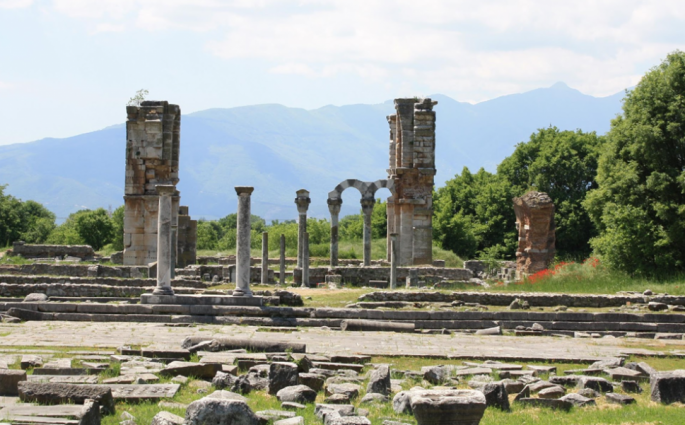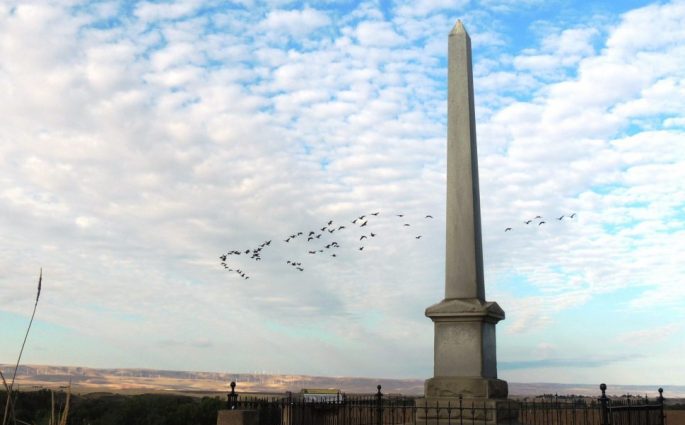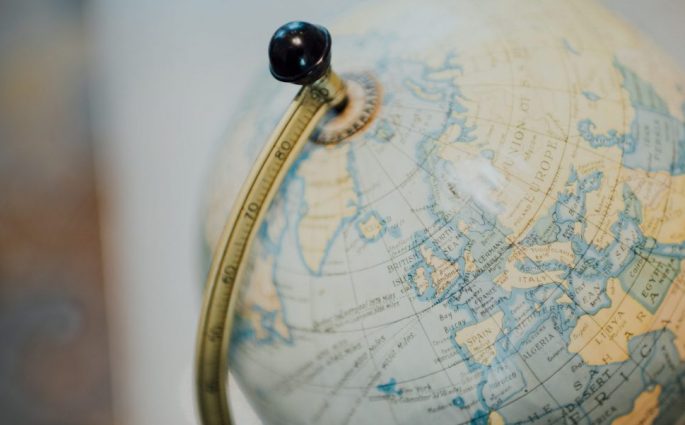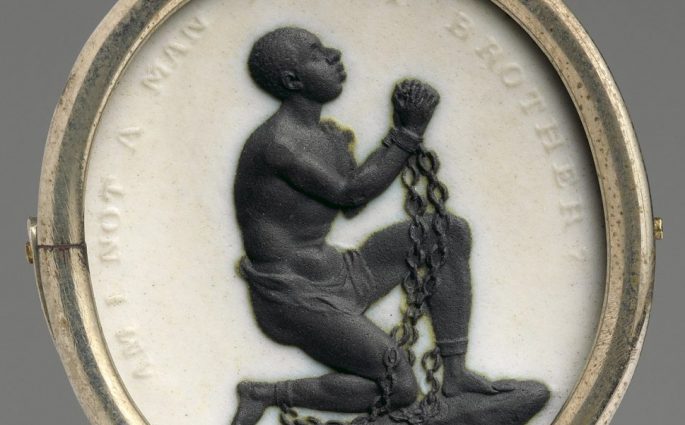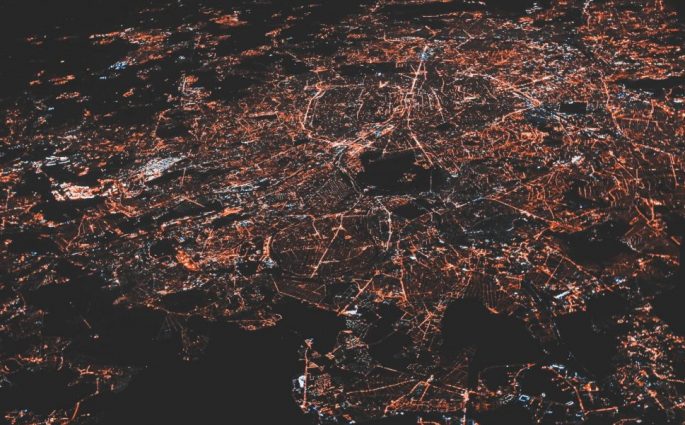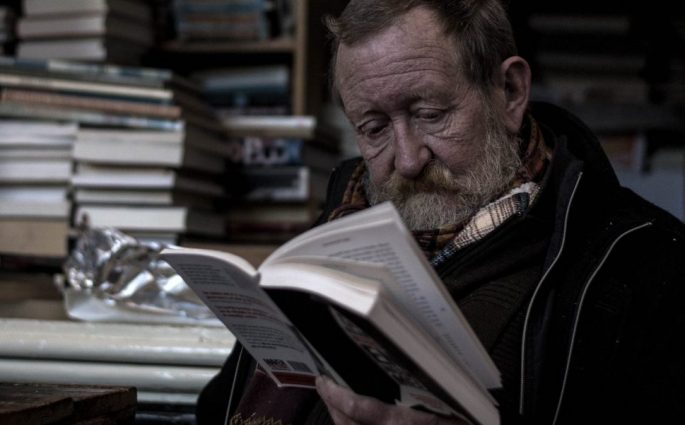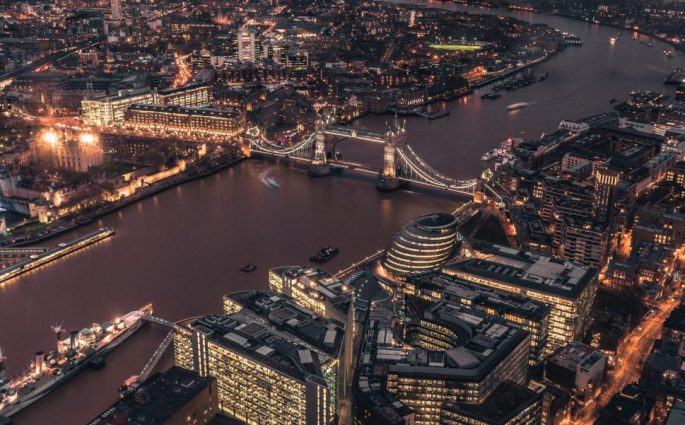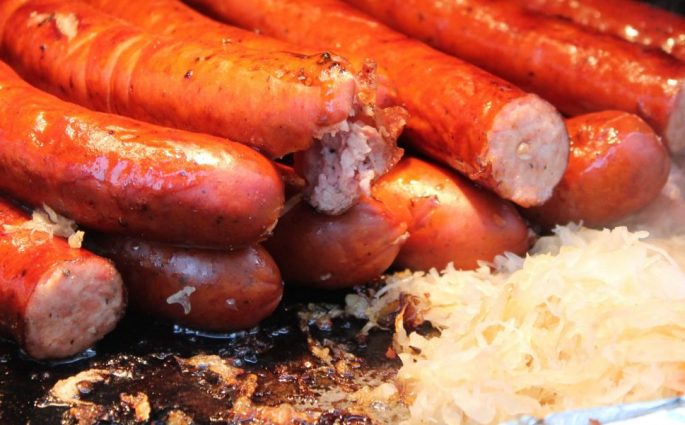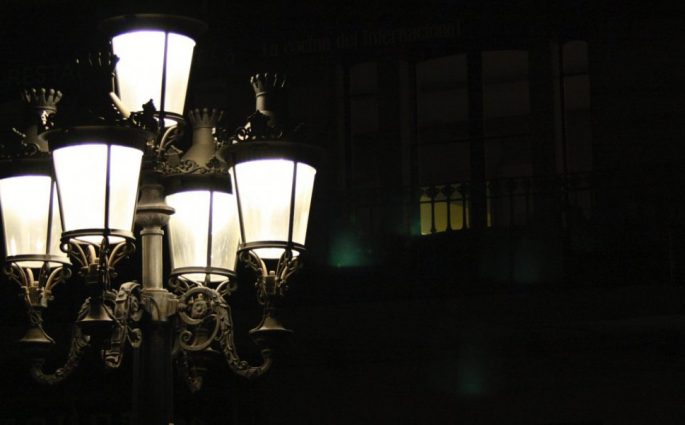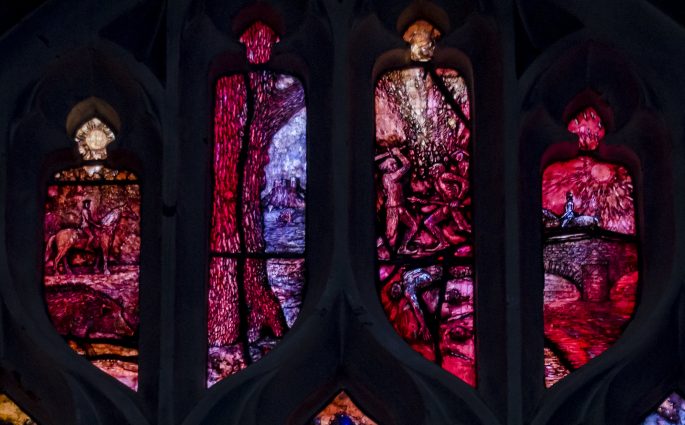Doing Business with the Gods in the Ancient World
Jennifer A. Quigley— People today don’t usually think of going to the bank, buying groceries, and signing a lease as religious acts, but in the ancient world, they very often were. While many people today tend to think of religion and the economy as distinct, in the ancient Greco-Roman world,























